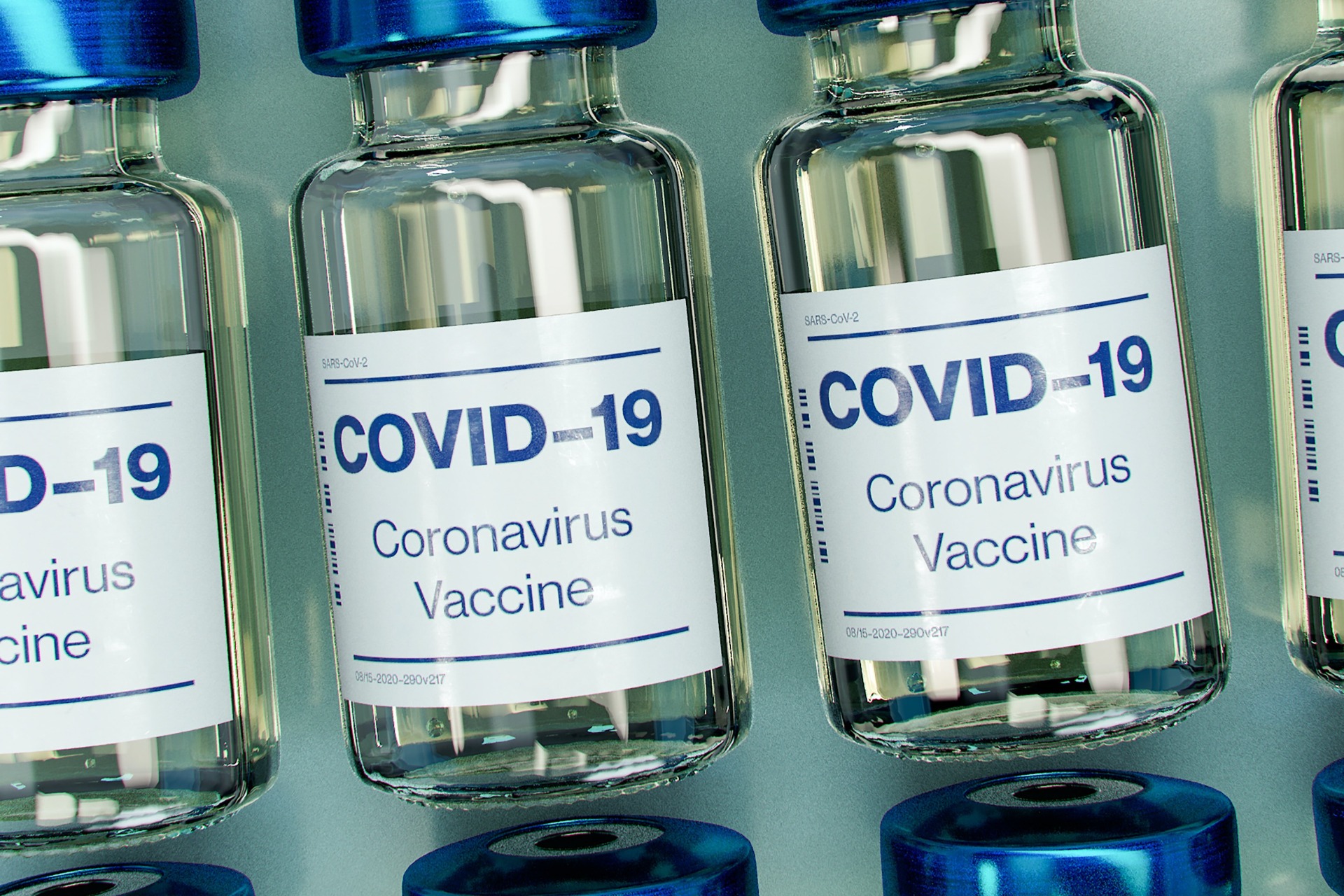Attitudes to vaccination are closely shaped by whether people trust scientists, according to Dr Ben Seyd, Will Jennings (University of Southampton) and Joseph Hamm (Michigan State University).
Business and political leaders meeting at the World Economic Forum at Davos are focusing on restoring trust. One of the key lessons learned from the pandemic is the importance of trust for effective public health communication and guidance.
“Public trust in science and evidence is essential for overcoming COVID-19” – Tedros Adhanom Ghebreyesus, the Director-General of the World Health Organization
Scientists have certainly assumed a more public role during the pandemic in providing information and guidance. Yet does this mean that people’s attitudes to scientists – and in particular whether they trust them or not — are as important as made out? Is it not more important that people trust politicians as the main public face of government? And if trust in scientists is so important, where does that trust derive from?
These are among the questions explored in the research project conducted by Dr Ben Seyd, Will Jennings and Joseph Hamm. It studied people’s trust in scientists and politicians, using focus groups and online surveys of representative samples of national populations.
Their research shows people’s trust in scientists is heavily dependent on how experienced and expert scientific advisers are seen to be. Trust is less dependent on things like how scientists behave. Yet trust may be compromised if people see scientists as too close to government and, as a result, not as providing impartial and objective information. Careful balancing is required: scientists need to be close to centres of power to inform decision-making, but not seen by members of the public as too close.

